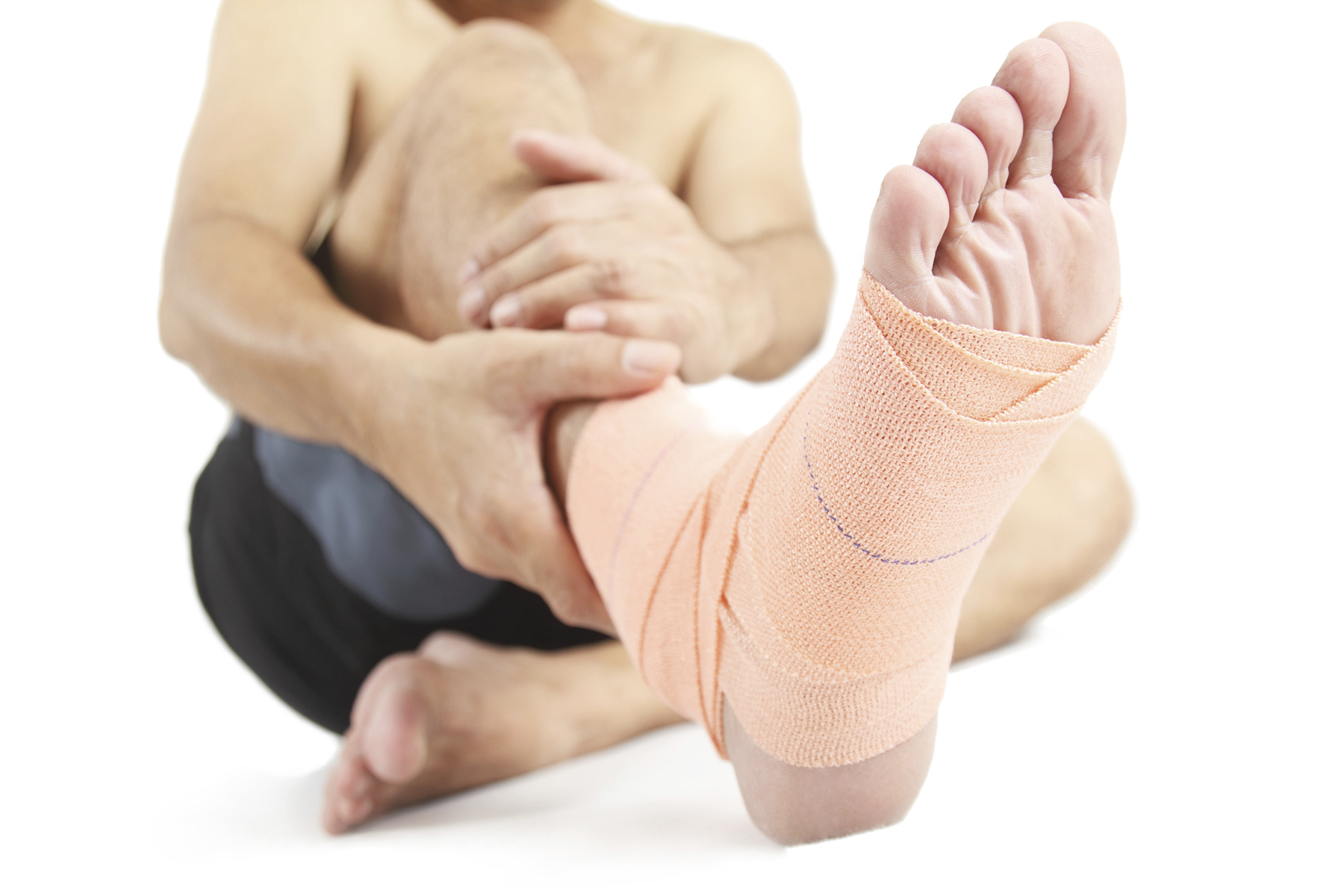You work out at least 90 minutes almost every day, pushing your body to its limits in hopes of growth, gains, and change. You’ll do whatever it takes to reach your goals and won’t stop until you get there. Your workouts are basically an addiction and you push through the pain. Have you ever considered that you may be overtraining?
Overtraining is a syndrome in which an individual performs more training than their body can recover from, to the point where their performance declines. Overtraining results in workouts that are counterproductive.
Bodies can only handle so much for so long without ample rest and recovery time. Think of it in terms of the law of diminishing returns, increased training will result in decreased production/results.
The remedy for overtraining is simply resting.
Don’t confuse overtraining with overreaching. Overreaching means training at a level above your physiological capabilities and comfort zone. The remedy for overreaching is program evaluation and rest, but not nearly as long as you may need if you’re in an overtrained state.
Listen to your body, and be mindful of the warning signs below.
1. Lasting Muscle soreness

Image credit:T Nation
Typical post-workout muscle soreness lasts no more than two days. If you’re experiencing muscle soreness any longer than this it is due to the fact that you are training too often, too intense, and without proper recovery – adequate nutrition and ample rest.
2. Insomnia

Image credit: HowStuffWorks
You can’t sleep. When insomnia is a result of overtraining, it’s due to nervous system and hormonal overload. Our bodies recover and grow at rest. Getting the recommended 7-9 hours of sleep each night is especially important for active individuals.
3. Increased incidence of injury

Image credit: PhysioPRO
You can’t find the ibuprofen and ice bags fast enough after your workouts. Your joints ache and keep you in constant pain. You find that you are experiencing injuries often and even find old injuries bothering you and aggravated once more. This is due to the fact that you are likely training in a weaker, tired state.
4. Elevated resting heart rate

Image credit: WiseGEEK
In order to determine if you have an elevated resting heart rate, you have to know your normal resting heart rate. This can be determined by a heart monitor or manually first thing in the morning. Before getting out of bed, place two fingers – your middle and index fingers, on the carotid artery in your neck and count the number of beats in 20 seconds, then multiply by 3. Do this regularly so that you can track and determine over time if your resting heart rate is altered at all.
5. Lack or loss of motivation

Image credit: BCHiring
You now dread the gym rather than look forward to it. If you can drag yourself to the gym to workout, you’re simply going through the motions, notice losses in strength, and can’t even finish the full workout that you planned to do. These signs, linked to loss of motivation, are all signs of overtraining.
6. Alterations in mood

Image credit: CBC News
You just don’t feel like quite like yourself. You’re more quick to anger and not as chipper as you usually are. Irritability and depression tend to be the top two traits that are exhibited consistently amongst individuals who are in an overtrained state. The nervous system is taxed, the body is stressed and in need of a break and a chance to normalize.
7. Lack of progress

Image credit: Breaking Muscle
Believe it or not, when it comes down to it, it seems that not taking any time off will actually cause you more damage than taking time off every now and then. Program rest and recovery into your programming to help avoid overtraining and keep you happy and healthy!








